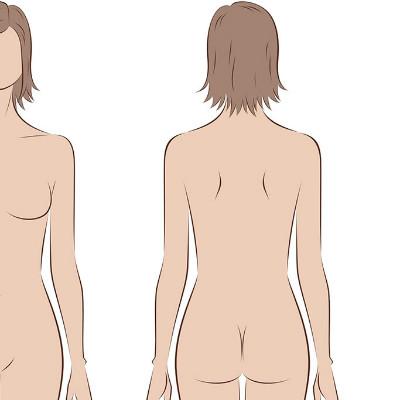Is there a small particle on labia normal
summary
In our daily life, we often encounter such a situation. We feel that our pudenda is itchy. We find that there are small particles on the labia. What's the matter? Let me introduce it.
Is there a small particle on labia normal
First: this kind of situation is abnormal, generally speaking is the false condyloma. It refers to a reddish papule on the inner side of the female labia minora, 1-2mm in size, multiple, aggregated, granular, fusing into pieces, symmetrically distributed on the left and right; another manifestation is a villous protuberance, just like a carpet villus.
Second, the disease is generally asymptomatic. Most of them are young women, and they can be unmarried and married. The age of onset is mainly 18-40 years old, with an incidence rate of 16%-18%. Often appear egg white like leucorrhea, occasionally itchy vulva. The etiology of the disease is still unclear, and it has been suggested that it is related to fungal infection.
Third: some people think that the long-term chronic non-specific stimulation or friction of the vulva leads to gland hyperplasia. Its clinical manifestation is obviously different from condyloma acuminatum. However, in recent years, misdiagnosed as condyloma acuminatum is not uncommon. Especially after reading newspapers and magazines, patients often "take the right seat" and doubt whether they are suffering from condyloma acuminatum, which brings unnecessary psychological burden to themselves. What's more, they feel it's a "venereal disease" that is hard to see. They don't dare to go to the regular medical department or ask a specialist for treatment. They believe in the "Persuasion" of visiting doctors and don't spend money on it. It also causes a great psychological burden, discord between husband and wife, and family unrest.
matters needing attention
Pseudocondyloma is a kind of benign papilloma related to development, which has no effect on health, and the development of papules is self limited, so it generally does not need treatment. Some patients can gradually disappear automatically due to the change of hormones in the body, or after the removal of mold. If you have the above condition, you'd better go to the regular hospital specialist clinic for early diagnosis, so as not to cause unnecessary trouble.













